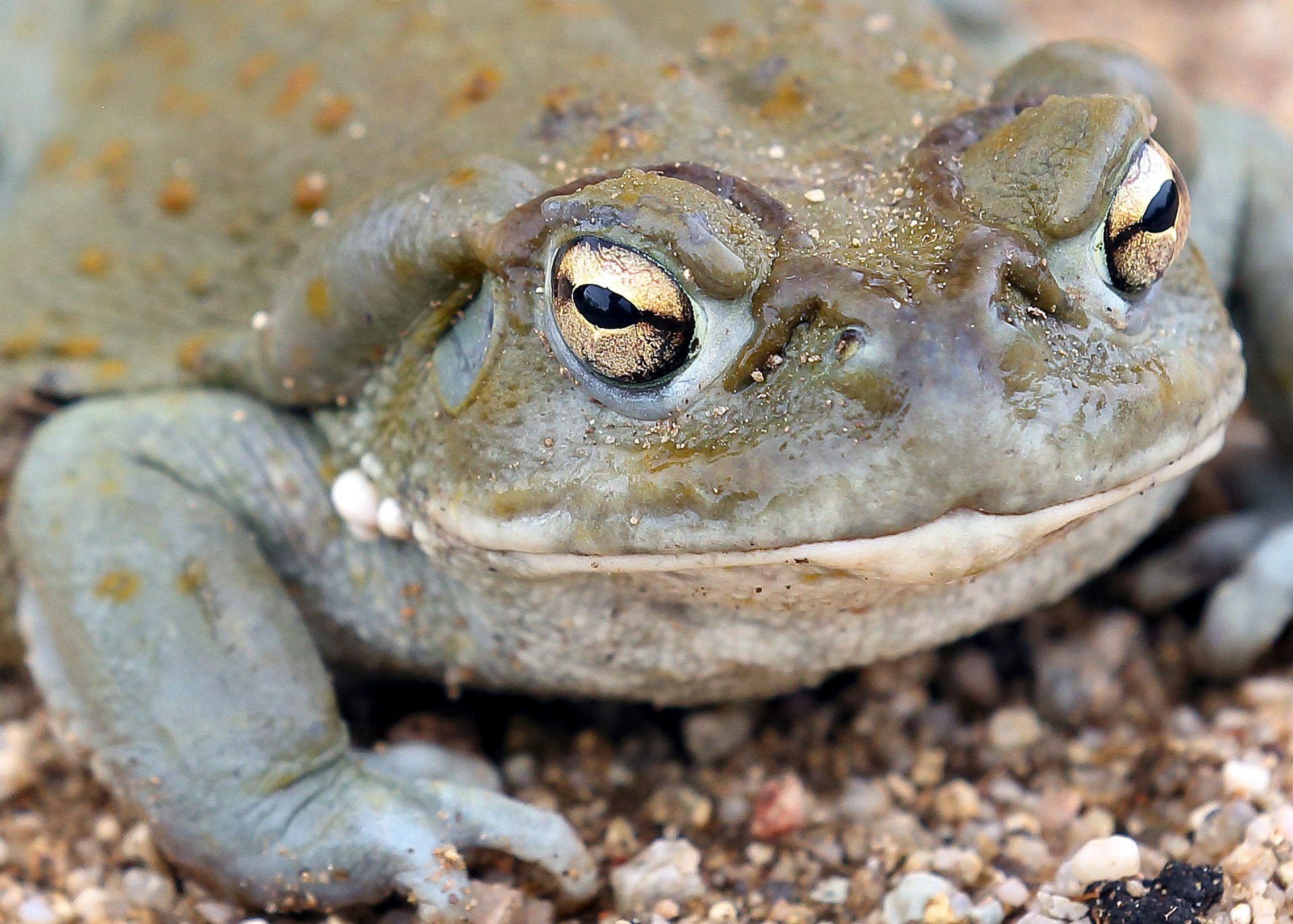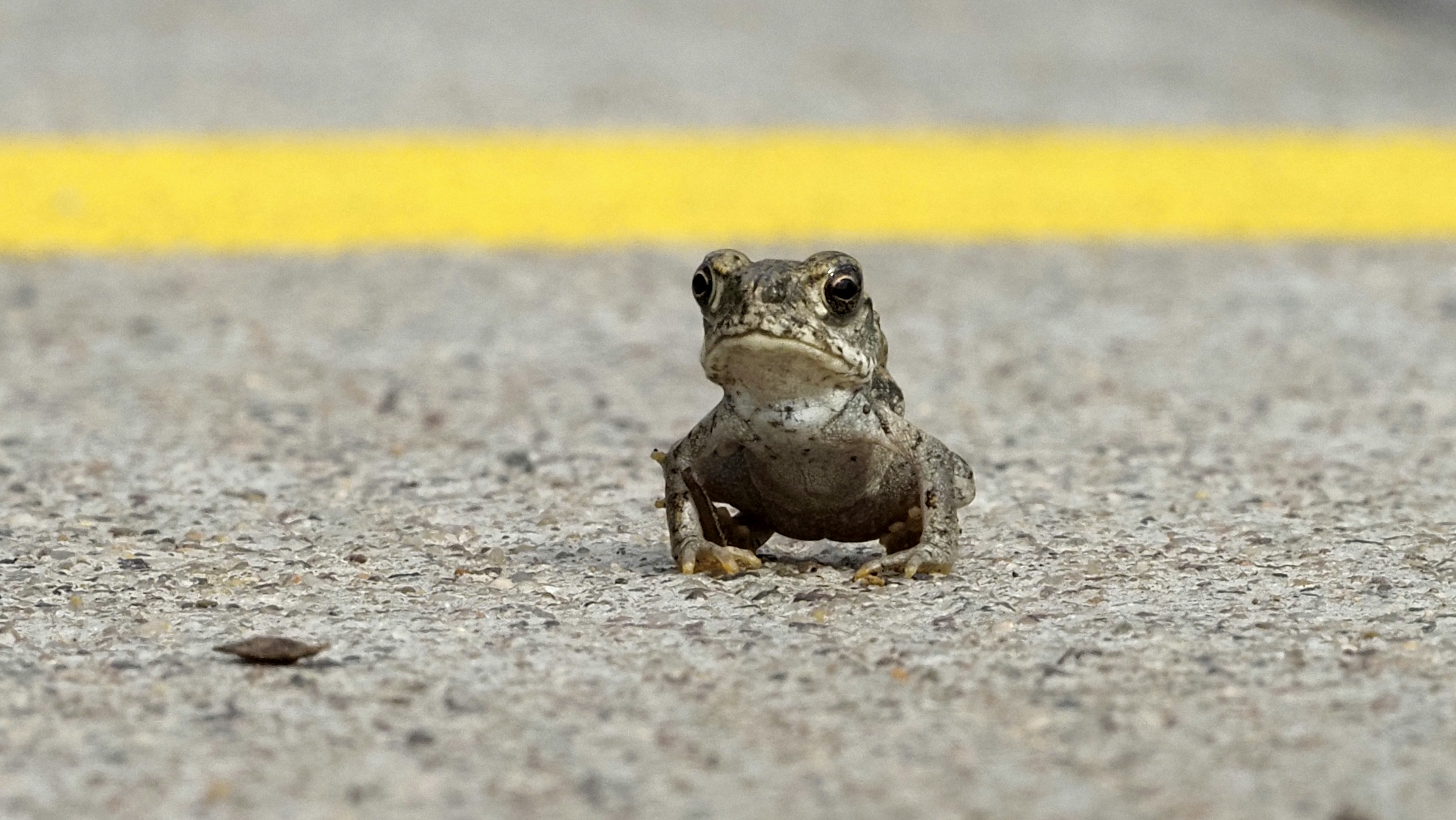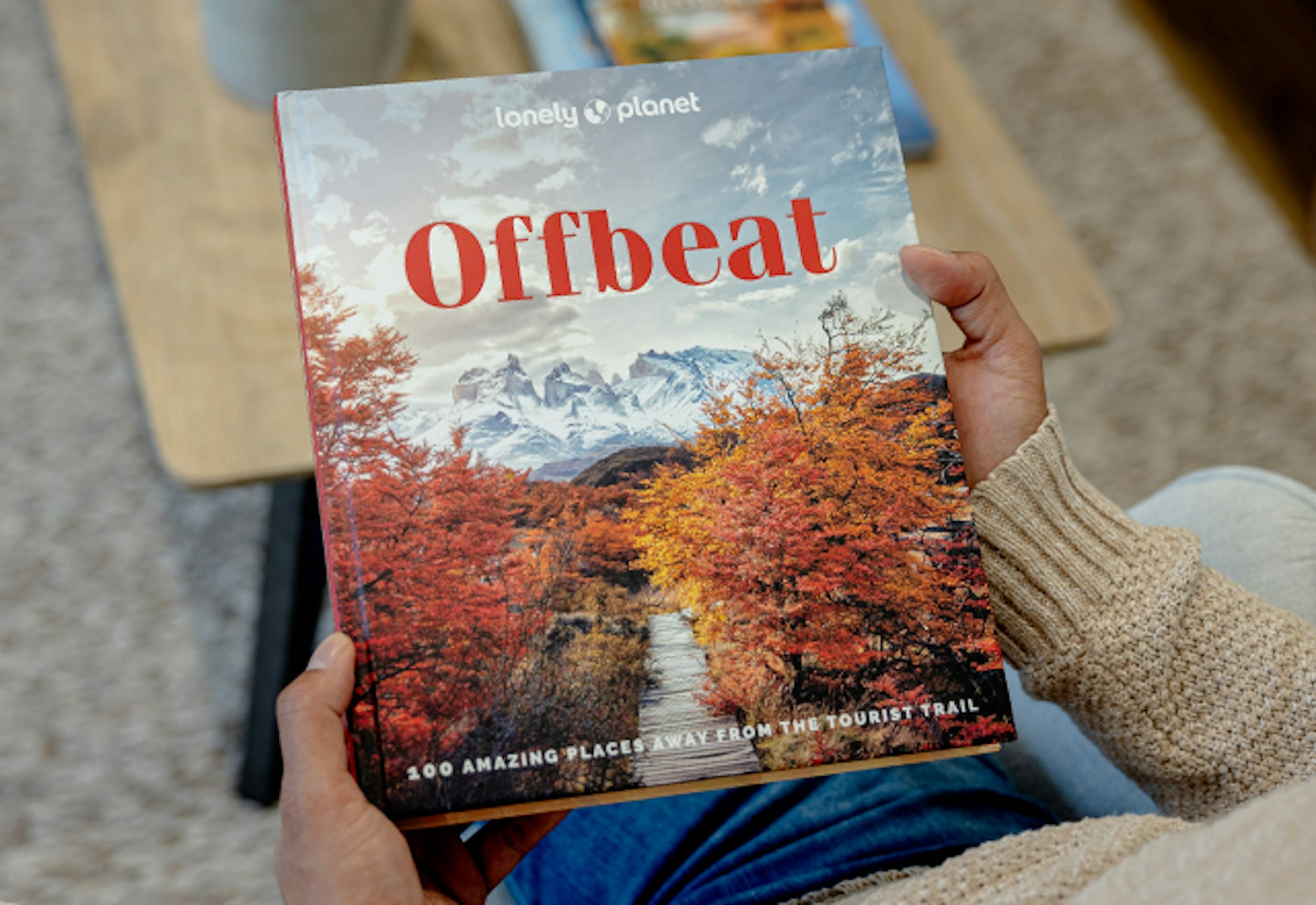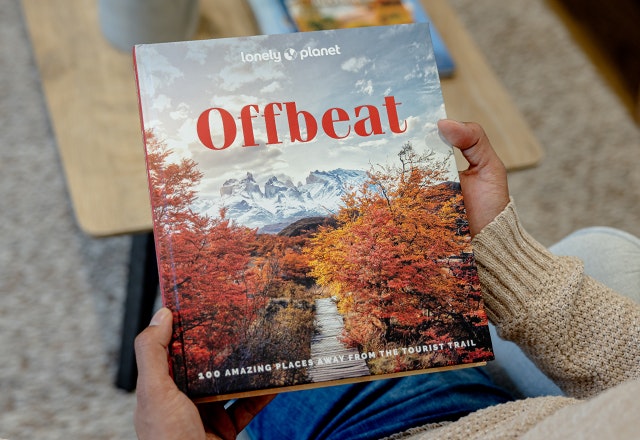The US National Park Service has issued an unusual request to visitors: Please stop licking the Sonoran Desert toad.
The toads are found in Southwest America — including Saguaro National Park — and are known to cause hallucinogenic trips to would-be tongue touchers.
Sometimes referred to as Colorado River toads, they can also be tracked to Colorado, Arizona, New Mexico, and sometimes California. When threatened, they release a psychedelic substance on their head called bufotenin. So rather than tasting some of the best bites in the sun-drenched desert, some recreational drug seekers are distressing and licking toads instead, the National Park Service (NPS) says.
'This behavior is unacceptable' - Hawaii visitors warned to stay away from monk seals

"Please refrain from licking"
Although consuming bufotenin can result in a short but intense psychedelic trip of around 30 minutes, doing so is a bad idea. “Humans and dogs can become violently ill from contact with the Sonoran Desert Toad from the toxins secreted,” a representative from the NPS told Lonely Planet. “It can make you sick if you handle the frog or get the poison in your mouth."
The milky-white liquid that the toad secrets has reportedly been licked, scraped, snorted and smoked for centuries. The substance is also found in some trees, plants, and shamanic snuffs and can induce panic, paranoia and severe anxiety. “As we say with most things you come across in a national park, whether it be a banana slug, an unfamiliar mushroom or a large toad with glowing eyes in the dead of night, please refrain from licking,” the NPS added.
7 best US national parks to visit with kids
Myth or facts?
Reaching up to seven inches long, the dark-olive Sonoran Desert toads are some of the largest in North America. They nocturnally remain underground for most of the year, except in summer when they feed on insects, lizards and smaller toads. They are naturally hunted by raccoons and increasingly humans, it seems. It’s unclear, however, how many people are licking the toads (or harvesting their secretions) and potentially risking their short-term sanity in an effort to find enlightenment. The Park Service didn’t announce or share any official statistics. But “demand for the toad’s secretion has boomed in recent years,” reports the New York Times, as the growing and increasingly legalized “guided shroom” industry appeals to those hoping to use drug-induced hallucinations as psychological or emotional therapy.
What to expect at US national parks in 2022
While some advocacy groups call toad licking a popular myth, others, including celebrities such as Mike Tyson, Chelsea Handler and Hunter Biden, have publicly remarked on bufotenin’s therapeutic use. It probably doesn’t help that the NPS cheekily refers to the trending amphibian as “hypnotoads” and “toad-ally terrifying” on social media, something a NPS representative later acknowledged to Lonely Planet.
“By infusing a bit of humor, paired with an amazing photo of the Sonoran Desert Toad, we recently highlighted this unique creature,” the representative said. “As with many of our social media posts, we try to include a friendly reminder to keep wildlife wild and refrain from getting too close, whether a bison, bear or desert toad.”
There are concerns that the toads could face even more harm after the Park Service made it national news. Regardless of the disputed effects, you should know that bufotenin is illegal in the United States and has no approved medical use, whether from a toad, tree or dealer.
10 least-visited US national parks for 2022
An endangered species best left alone
But that’s beside the point. The Sonoran Desert toad is classified as “endangered” in California and listed as “threatened” in New Mexico. There are fears that people bothering and hunting the toads in search of a high could harm the population, driving them to extinction.
“People should not lick the Sonoran Desert toad,” an NPS representative concluded. “As with all wildlife in national parks, animals should be appreciated from a distance and not disturbed, captured, collected, harassed, touched or licked.”


